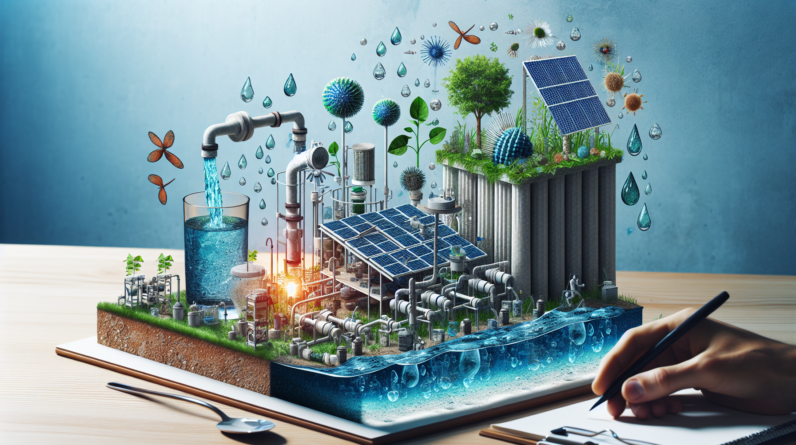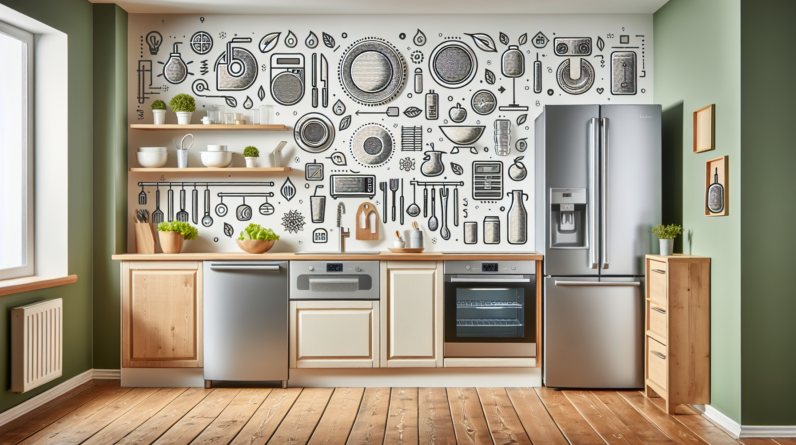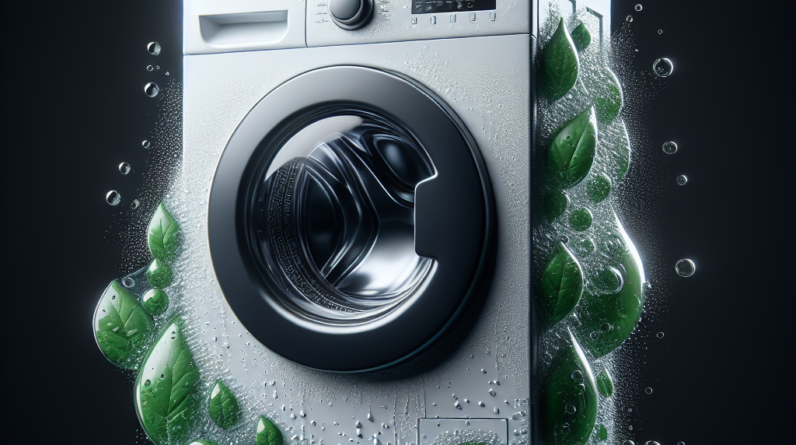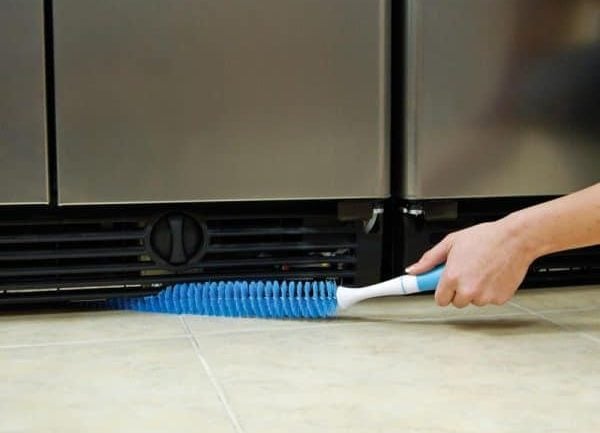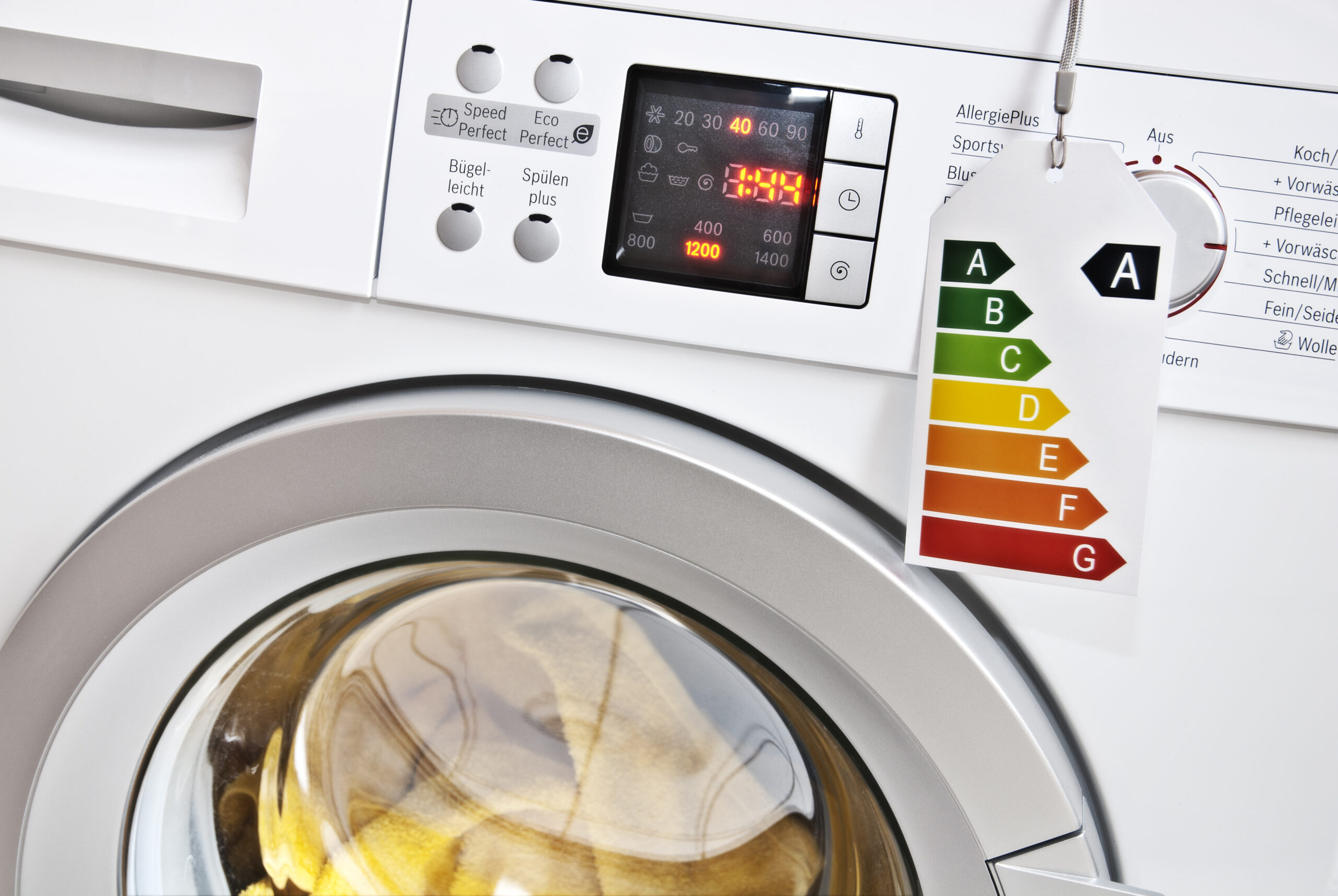
In today’s world, where energy conservation is more important than ever, selecting energy-efficient laundry appliances is a top priority. With a wide range of options available in the market, it can be overwhelming to choose the right one for your needs. However, fret not! This article provides valuable tips to help you make an informed decision and find the perfect energy-efficient laundry appliances that will not only save you money but also reduce your environmental impact. From understanding energy labels to considering the size and capacity, these tips will ensure that you find the perfect appliances for your laundry needs while also being conscious of energy conservation.
Factors to Consider
When selecting energy-efficient laundry appliances, there are several factors that you should take into consideration. These include the energy efficiency rating, water efficiency rating, size and capacity, spin speed, and the programs and features that the appliances offer.
Energy Efficiency Rating
The energy efficiency rating is an important factor to consider when choosing laundry appliances. It measures how well the appliances use energy and indicates how much energy they will consume. Energy-efficient appliances usually have a higher rating, meaning they use less electricity and contribute less to your overall energy consumption. By choosing appliances with a high energy efficiency rating, you can not only save money on your utility bills but also reduce your carbon footprint and contribute to a more sustainable future.
Water Efficiency Rating
In addition to energy efficiency, it is important to consider the water efficiency rating of your laundry appliances. This rating indicates how much water the appliances use per cycle. Water-efficient appliances use less water, which not only saves you money on your water bills but also helps conserve this precious resource. Choosing appliances with a high water efficiency rating can make a significant difference in your water consumption and contribute to water conservation efforts.
Size and Capacity
The size and capacity of your laundry appliances are also important factors to consider. It is essential to choose appliances that are suitable for your household’s needs. Buying a washing machine and dryer that are too small may result in having to do multiple loads of laundry, which wastes both time and energy. On the other hand, purchasing appliances that are too large for your needs may lead to excessive energy and water consumption. Find a balance and select appliances that can efficiently handle the volume of laundry you typically have.
Spin Speed
The spin speed of your washing machine is another crucial factor when it comes to energy efficiency. Higher spin speeds remove more water from your clothes, reducing the drying time needed for your laundry. This not only saves energy but also helps preserve the quality of your clothes. Additionally, faster spin speeds contribute to shorter drying times, which is especially beneficial if you have a busy schedule and need your laundry ready quickly.
Programs and Features
Lastly, consider the programs and features offered by the laundry appliances you are considering. Look for machines that have energy-saving modes, shorter wash cycles, and adjustable settings. Some appliances may also offer features like delayed start options or smart technology that allows you to control and monitor your laundry remotely. By choosing appliances with advanced features and programs, you can optimize your energy and water usage, as well as ensure the best care for your clothes.
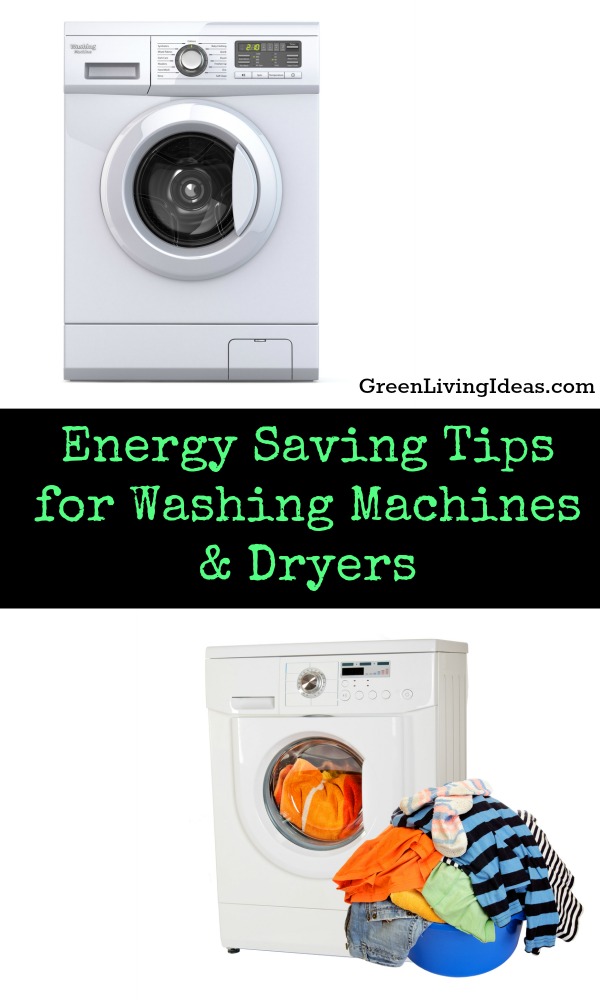
This image is property of i0.wp.com.
Types of Laundry Appliances
Before diving into the specifics of energy efficiency, it is important to be familiar with the different types of laundry appliances available on the market. The main types include washing machines, dryers, and combination washer-dryers.
Washing Machines
Washing machines are the workhorses of the laundry room. They come in various forms, such as top-loading and front-loading machines. Top-loading machines are generally more budget-friendly and easier to load and unload. Front-loading machines, on the other hand, tend to be more energy and water-efficient. When choosing a washing machine, consider your specific needs and preferences to determine which type is the best fit for you.
Dryers
Dryers are essential for drying your clothes after they have been washed. Like washing machines, dryers also come in different forms, including both gas and electric models. Gas dryers are typically more energy-efficient but require a gas line installation. Electric dryers, on the other hand, are often more common and easier to install. Take into account the available utilities in your home and choose the type of dryer that suits your needs and circumstances.
Combination Washer-Dryers
For those with limited space, combination washer-dryers can be a convenient option. These appliances combine the functions of both a washing machine and a dryer into a single unit. While they offer convenience and space-saving benefits, it is important to note that combination washer-dryers generally have smaller load capacities and may not be as energy or water-efficient as separate washing machines and dryers. Consider your priorities and space constraints when deciding whether a combination washer-dryer is the right choice for you.
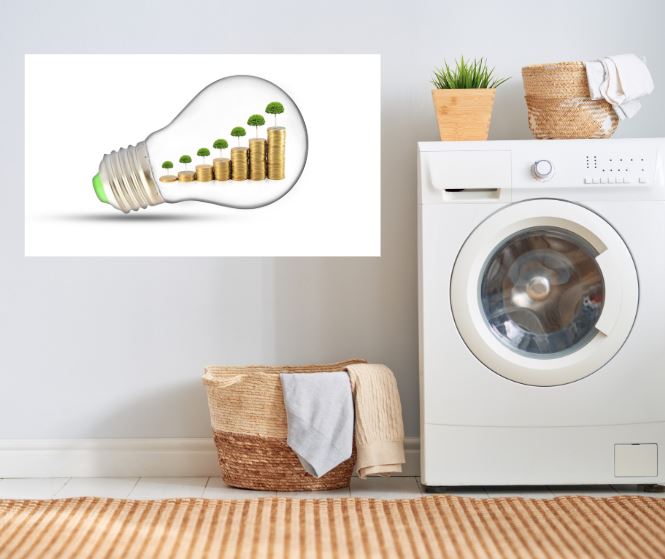
This image is property of www.lucyslaundryoc.com.
Energy-Efficient Washing Machines
When it comes to energy-efficient laundry appliances, washing machines play a significant role. By choosing an energy-efficient washing machine, you can reduce your energy consumption and minimize your impact on the environment. Consider the following factors when selecting an energy-efficient washing machine.
Front-loading vs. Top-loading
Front-loading washing machines are often more energy and water-efficient than top-loading machines. They use less water and require less energy to operate, making them a great choice for those looking to minimize their environmental impact. Front-loading machines also have higher spin speeds, which extract more water from your clothes, reducing drying time. However, it is worth noting that top-loading machines have made advancements in energy efficiency and may be a suitable option if a front-loading machine does not meet your needs or preferences.
High Efficiency (HE) Models
High Efficiency (HE) washing machines are designed to use less water and energy compared to conventional models. They typically have advanced technology and features that optimize the washing process while minimizing resource consumption. HE models are labeled with an Energy Star certification, indicating their energy-efficient performance. When choosing an energy-efficient washing machine, consider opting for an HE model to maximize your energy and water savings.
Cold Water Washing
Another way to increase the energy efficiency of your laundry appliances is by opting for cold water washing. Many modern washing machines offer specific programs for cold water washing, which can effectively clean your clothes without the need for hot water. Heating water accounts for a significant portion of the energy consumption in washing machines, so by choosing cold water cycles, you can reduce your energy usage and save money on your utility bills.
Load Sensing Technology
Load sensing technology is a feature found in some energy-efficient washing machines. It detects the weight of your laundry load and adjusts the water levels and wash time accordingly. By using just the right amount of water and energy for each load, load sensing technology helps optimize the efficiency of your washing machine. If energy efficiency is a priority for you, consider looking for a washing machine that incorporates load sensing technology.
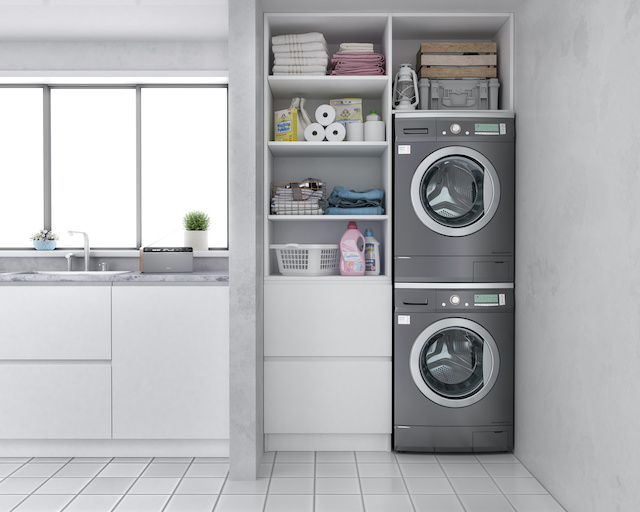
This image is property of www.energytexas.com.
Energy-Efficient Dryers
While washing machines play a significant role in energy efficiency, dryers also have their part to play. Here are some factors to consider when selecting an energy-efficient dryer.
Gas vs. Electric
When it comes to dryers, the choice between gas and electric models can make a difference in energy efficiency. Gas dryers are generally more energy-efficient compared to electric dryers, as they tend to dry clothes faster and use less energy in the process. However, it is important to evaluate the availability of gas in your area and consider the installation requirements before making a decision. Electric dryers are still a viable option and have made advancements in energy efficiency, so make sure to evaluate both options based on your circumstances.
Sensor Drying Technology
Sensor drying technology is an innovative feature found in some dryers that can significantly increase energy efficiency. This technology uses sensors to detect the moisture level of your clothes. Once the sensors determine that the clothes are dry, the dryer automatically stops, preventing over-drying and unnecessary energy consumption. Sensor drying technology ensures that your laundry is dried efficiently and saves both energy and money in the process.
Heat Pump Dryers
Heat pump dryers are another energy-efficient option to consider. They work by recycling hot air within the dryer instead of venting it outside. This process consumes less energy and can save you money on your utility bills. Heat pump dryers are especially beneficial if you do a lot of laundry, as they can provide significant energy savings over time. However, it is worth noting that heat pump dryers may have a higher upfront cost compared to conventional dryers, so take that into consideration when making your decision.
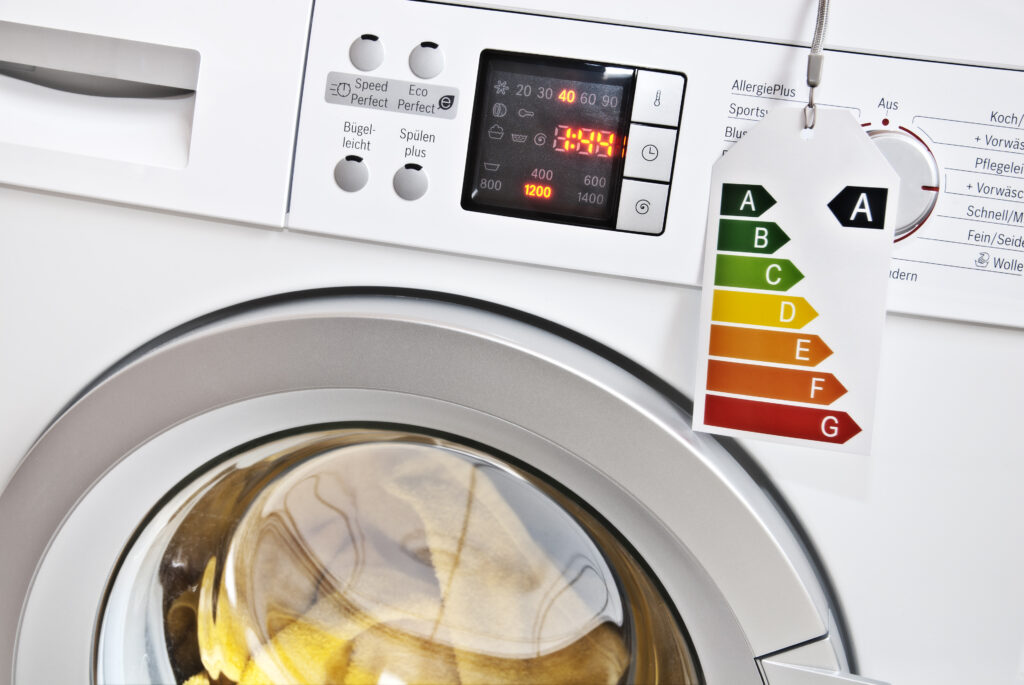
This image is property of d12mivgeuoigbq.cloudfront.net.
Additional Tips
In addition to considering the specific features and types of laundry appliances, here are some additional tips to help you choose energy-efficient options:
Consider Energy Star Appliances
Look out for the Energy Star label when choosing your laundry appliances. The Energy Star certification indicates that the appliance meets strict energy efficiency guidelines set by the Environmental Protection Agency (EPA). Energy Star appliances are designed to consume less energy and water without sacrificing performance or quality. By choosing Energy Star appliances, you can ensure that you are making an environmentally conscious choice and contributing to energy conservation efforts.
Read and Compare Labels
Take the time to read and compare the labels of different laundry appliances. Look for information regarding energy consumption, water usage, and other relevant details. Comparing the labels can help you make an informed decision and choose the appliances that align with your energy efficiency goals. Pay attention to the specific numbers and ratings provided to accurately assess the energy and water efficiency of each appliance.
Evaluate Lifetime Costs
When considering the cost of your laundry appliances, take into account the lifetime costs rather than just the upfront price tag. Energy and water expenses can add up significantly over time, so consider the long-term savings that energy-efficient appliances can provide. While energy-efficient appliances may have a higher initial cost, the savings in energy and water bills can often outweigh the upfront investment in the long run.
Maintenance and Proper Usage
To maximize the energy efficiency of your laundry appliances, it is essential to practice proper maintenance and usage. Clean the lint filters in your dryer regularly to ensure optimal performance and prevent any potential fire hazards. Additionally, follow the manufacturer’s instructions and guidelines for optimal usage of your appliances. By maintaining and using your appliances correctly, you can prolong their lifespan and maximize their energy efficiency.
With these tips in mind, you are now equipped to make an informed decision when selecting energy-efficient laundry appliances. By considering factors such as the energy efficiency rating, water efficiency rating, size and capacity, spin speed, programs, and features, you can choose appliances that not only save you money but also help conserve energy and water. Remember to evaluate different types of washing machines, dryers, and combination washer-dryers to find the best fit for your household’s needs. Lastly, consider additional tips such as opting for Energy Star appliances, reading and comparing labels, evaluating lifetime costs, and practicing proper maintenance and usage. With your energy-efficient laundry appliances, you can contribute to a more sustainable and environmentally friendly lifestyle.
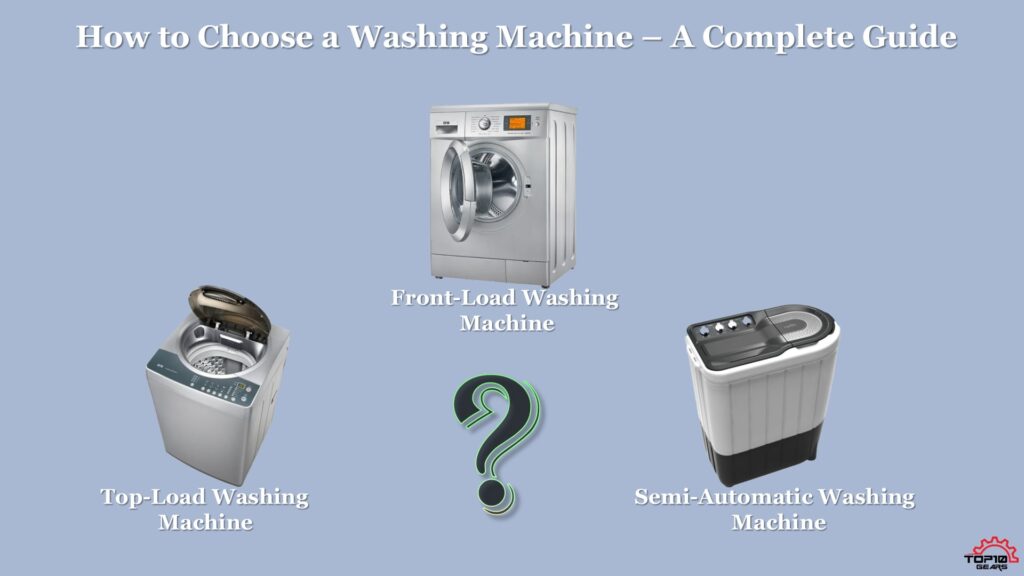
This image is property of top10gears.com.
